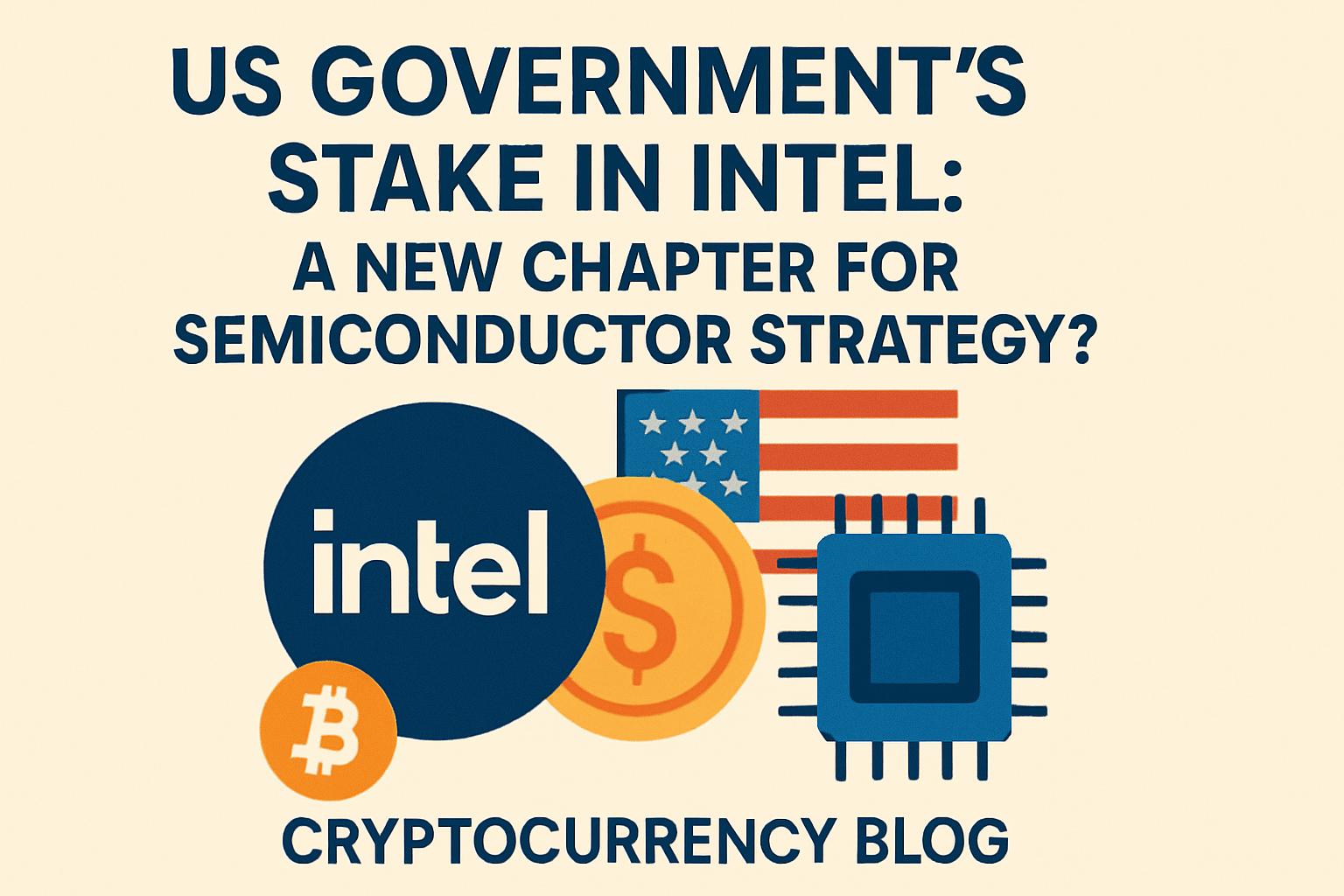The geopolitical chessboard has added a new piece: the U.S. government’s strategic investment in chip manufacturing giants. Recently, the White House confirmed it’s in discussions to acquire a 10% stake in Intel, a move set to profoundly impact the global semiconductor landscape.
A Strategic Shift Through Investment
The White House spokesperson announced that this investment is underpinned by economic and national security considerations. The proposal to convert government subsidies into equity marks a strategic shift, emphasizing tangible returns and domestic industry control.
This initiative, driven by the CHIPS Act, aims to rectify past instances where subsidies offered little financial return. For Intel, which faces tough competition in AI chip markets, this backing might be just the shot in the arm it needs for continued innovation.
Beyond Borders: Expanding Influence
Commerce Secretary Howard Lutnick has hinted at a broader application of this strategy, potentially extending similar opportunities to global giants like Samsung and Taiwan’s TSMC. By doing so, the U.S. could gain direct influence over companies that are vital to the worldwide supply chain.
The stakes are high: The U.S. government, moving beyond being a funding source, transitions into a scenario where it holds actual shares, thus increasing its say over industry trajectories.
Market Reactions: A Mixed Bag
Market participants have reacted in varied ways. Intel, a domestic entity, is perceived as receiving government endorsement—positive news that signals strong federal support. Conversely, TSMC has seen this as a possible overreach, fearing dilution of control and influence.
The announcement saw TSMC shares dropping, highlighting investor concerns over its autonomy and the prospect of less reliance by the U.S. market on its innovations.
Implications of Political Investment
While on the surface, government equity can offer financial stability and implicit confidence, it carries the risk of political interference. Business decisions might be swayed by political agendas rather than commercial logic, as observed through critiques from financial advisors like Dan Sheehan.
This bold move by the U.S. may redefine tech policy paradigms. As global players and industry watchers remain vigilant, the effects of this strategy could echo through the semi-conductor industry for years to come.

![[News] Bitcoin at a Turning Point? 10x Research Signals a Bullish Macro Shift Ahead](https://cryptoexplores.com/wp-content/uploads/2025/06/new20250616.jpg)
![[News] Binance Lists $HOME, the Gas-Free, Bridge-Free All-in-One DeFi App](https://cryptoexplores.com/wp-content/uploads/2025/06/news20250617.jpg)